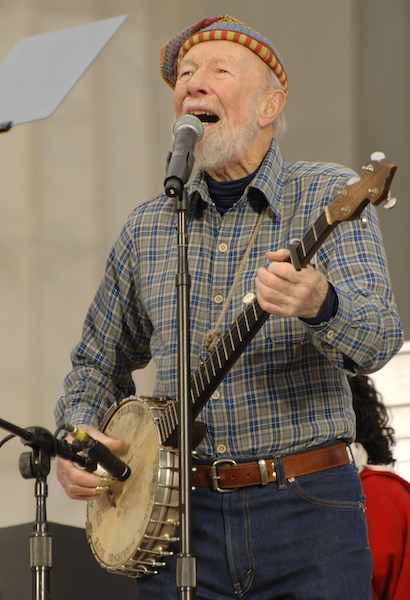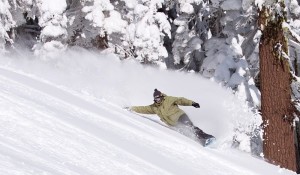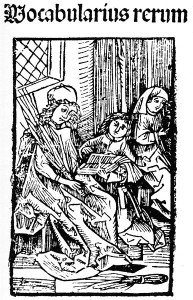Is your limited English standing in your way? Do you want to improve your English now?
Learn English even faster with the help of the Learning Guide. In it, you’ll get more vocabulary, language explanations, sample sentences, comprehension questions, cultural notes, and more.
Get the Learning Guide and support ESL Podcast today by becoming a Basic or Premium Member!
………
ON MONDAY
ESL Podcast 972 – Paying an Employee Under the Table
In the Learning Guide: Get a full transcript (written version of every word you hear), vocabulary list and sample sentences, and comprehension questions.
In “What Else Does it Mean,” learn the other meanings of “to be accounted for” and “to come out ahead.”
In the “Culture Note,” learn about “Nannygate.”
“Hiring a ‘nanny’ (a person, usually a young woman, who provides regular childcare inside a family’s home, usually while the parents are working)…” – READ MORE in the Learning Guide
…
ON WEDNESDAY
English Cafe 437
Topics: American Authors – William Faulkner; Soap Box Derbys; to deceive versus to cheat versus to lie; to appreciate; to go green
In the Learning Guide: Get a full transcript (written version of every word you hear).
In “What Insiders Know,” you will read about “The Underwood Typewriter Company.”
“Before the use of computers, people typed their documents using typewriters…” – READ MORE in the Learning Guide
…
ON FRIDAY
ESL Podcast 973 – Attracting Someone’s Interest
In the Learning Guide: Get a full transcript (written version of every word you hear), vocabulary list and sample sentences, and comprehension questions.
In “What Else Does it Mean,” learn the other meanings of “to give (someone) the eye” and “hot.”
In the “Culture Note,” learn about “Gun-Related Idioms.”
“Many ‘idioms’ (phrases that have a special meaning) are related to ‘firearms…'” – READ MORE in the Learning Guide






